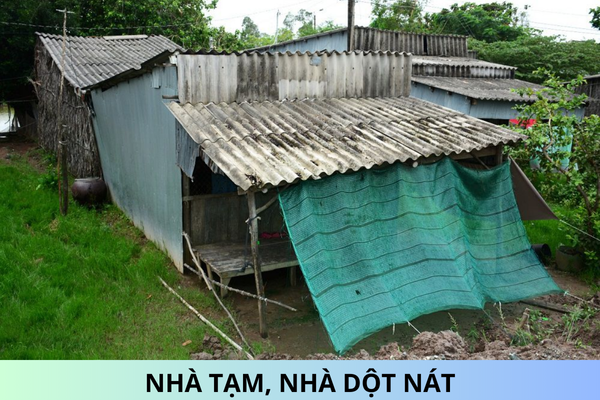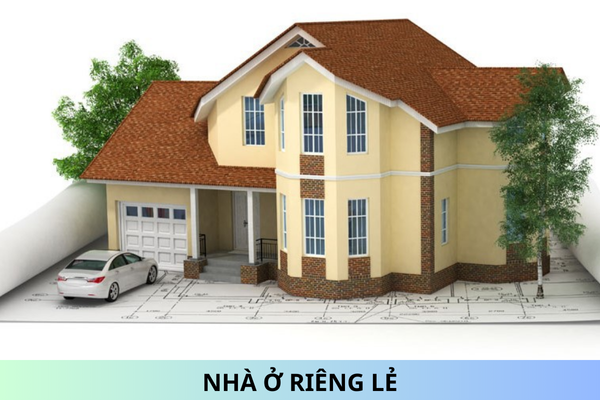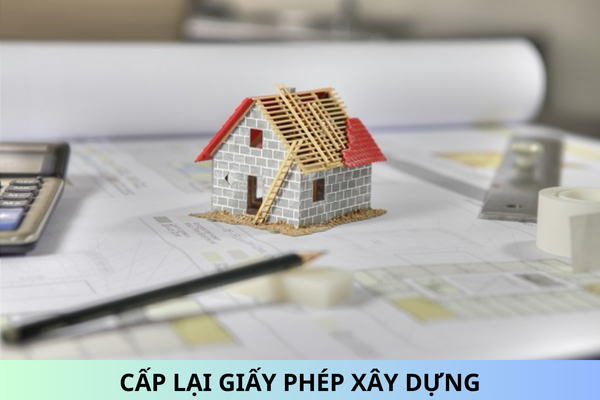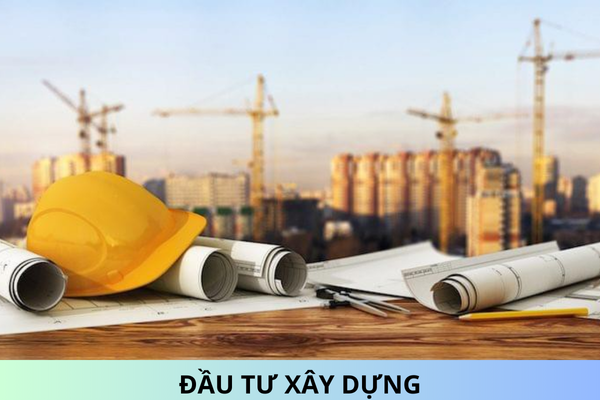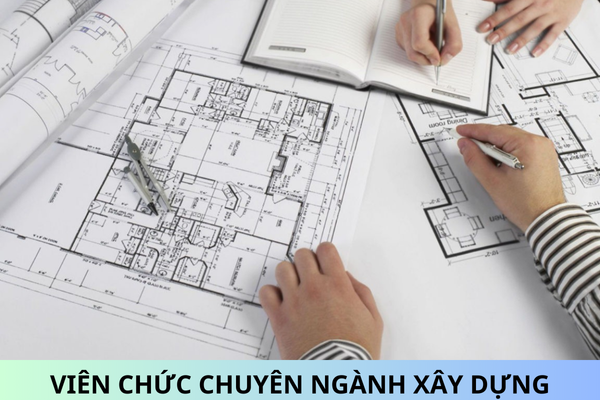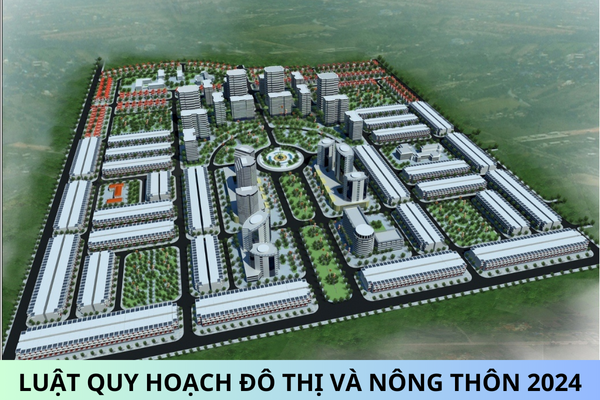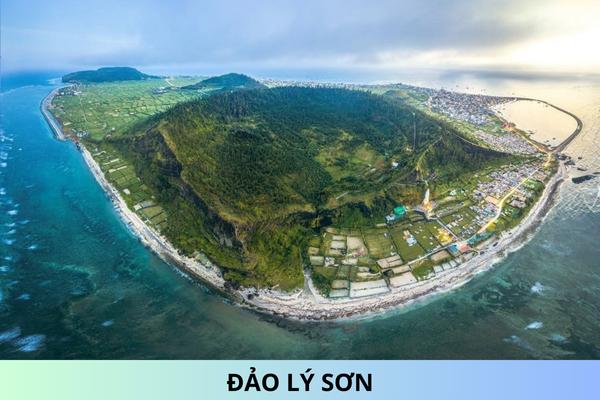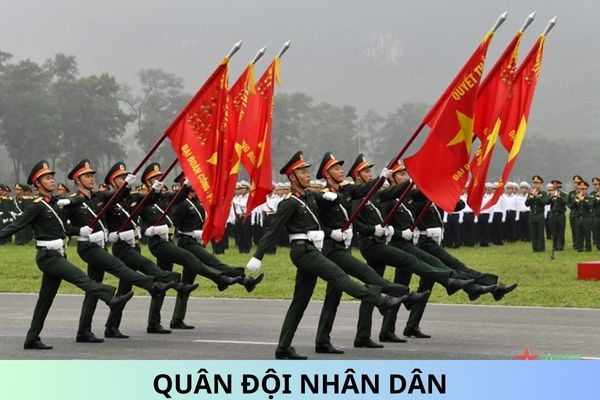What are standards for diving activities in order to ensure safety at construction sites in Vietnam?
What are standards for diving activities in order to ensure safety at construction sites in Vietnam? What are standards for divers being in water in order to ensure safety at construction sites in Vietnam? When a diver is in the water, what should the assistant do to supervise the divers in order to ensure safety at construction sites in Vietnam?
What are standards for diving activities in order to ensure safety at construction sites in Vietnam?
Pursuant to Subsection 2.14.5 Section 2 of the National technical regulation on safety in construction QCVN 18:2021/BXD promulgated together with Circular 16/2021/TT-BXD stipulating standards for diving activities in order to ensure safety at construction sites in Vietnam as follows:
2.14.5.1 Before diving, divers must become familiar with current conditions, know about traffic conditions in the diving area as well as potential hazards to divers such as underwater cables, water intake pipes, cables anchoring floating devices.
2.14.5.2 Divers are not allowed into the water if they are sick or feeling unwell or under the influence of alcohol, beer and other substances, have just eaten or are hungry.
What are standards for divers being in water in order to ensure safety at construction sites in Vietnam?
Pursuant to Subsection 2.14.5.3 Section 2 of the National technical regulation on safety in construction QCVN 18:2021/BXD promulgated together with Circular 16/2021/TT-BXD stipulating standards for divers being in water in order to ensure safety at construction sites in Vietnam as follows:
a) Divers must use water entry and exit means or other equipment provided for diving purposes; do not jump into the water;
b) The assistant must check and ensure that the diver's wetsuit is not soaked in water, and must help the diver to enter the water slowly;
c) The assistant must check and supervise so that the divers do not dive too quickly; must bring the diver to the surface if the diver fails to receive (transmit) the signal.
When a diver is in the water, what should the assistant do to supervise the divers in order to ensure safety at construction sites in Vietnam?
Pursuant to Subsection 2.14.5.4 Section 2 of the National technical regulation on safety in construction QCVN 18:2021/BXD promulgated together with Circular 16/2021/TT-BXD stipulating standards for assistants when divers are in water in order to ensure safety at construction sites in Vietnam as follows:
2.14.5.4 While a diver is in the water, the assistant shall monitor the diver continuously and shall:
a) Monitor air supply lines and lifelines;
b) Exchanging signals with divers at appropriate intervals;
c) Ensure that divers are not endangered by the operation of ships, boats or other hazardous elements in the vicinity of where divers work and that divers must be brought to the surface if divers encounter hazardous elements;
d) Regular exchange and notification with the competent person (see 2.14.1.1).
2.14.5.5 In cold weather, precautions should be taken against danger to divers due to ice formation in air passages, valves and other locations on diving equipment.
2.14.5.6 Where necessary, as a precaution, do not allow flotation devices to come near the area where divers are working.
2.14.5.7 When diving from a flotation device, the flotation device must be securely anchored before commencing the dive operation.
2.14.5.8 When a diver is lowered into the water by a crane or other lifting device, these lifting devices must not be used for any other purpose while lifting or lowering the diver.
NOTE 1: See regulations for the use of lifting equipment at 2.4.
NOTE 2: Lifting equipment operation should be coordinated by an assistant.
2.14.5.9 When a diver enters the water from a ship, boat or other powered flotation device, precautions shall be taken to prevent any dangerous effects from the propeller, rudder, or other flotation device on the diver and any underwater discharge.
2.14.5.10 During underwater rescue, salvage and salvage operations, do not lift or pull underwater objects before the diver has given a signal with all the following contents:
a) The object to be salvaged has been firmly anchored;
b) The diver has moved to a safe position for himself and has ensured safe conditions to pull the object to the surface.
2.14.5.11 Divers must be brought to the surface in the following cases:
a) The diver's transmission (alert) signal is unknown;
b) The diver's breathing air supply is not secure or malfunctions (e.g. entanglement, entanglement of heavy or bulky objects in the water).
2.14.5.12 Do not throw, drop or transfer anything into the water into the area where divers are working.
2.14.5.13 If the diver comes to the surface too quickly:
a) Signal lines and gas supply lines must be pulled up quickly with the divers;
b) As soon as they reach the surface, the diver must dive and after a suitable time can come to the surface (to reduce the effect of pressure).
2.14.5.14 Divers must be brought to the surface slowly and in stages in accordance with the diving procedure approved by the employer to ensure safety.
Best regards!
